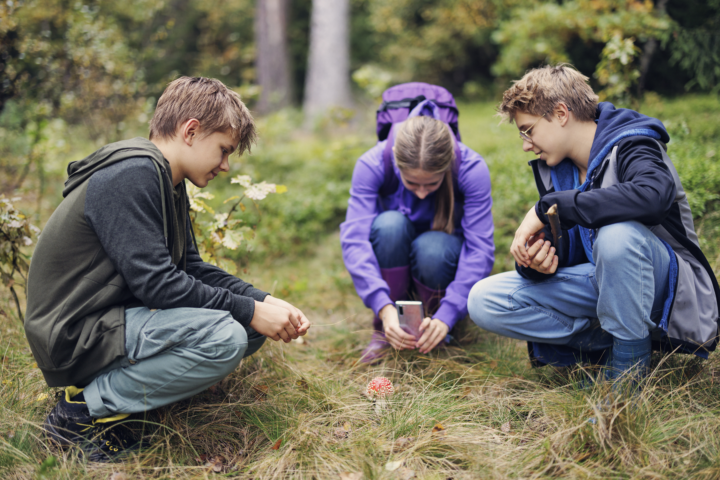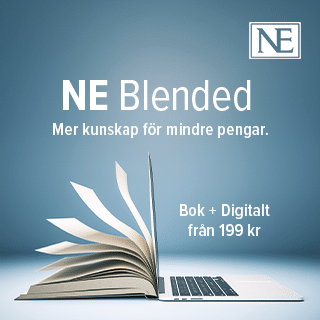Att ordna, från ordning till ordning. Yngre förskolebarns matematiserande
Maria Reis
Torgny Ottosson, Jonas Emanuelsson
Pedagogie doktor Lisen Häggblom
GU – Göteborgs universitet
2011-12-09
Att ordna, från ordning till ordning. Yngre förskolebarns matematiserande
Institutionen för pedagogik
Abstract in English
A starting point for this study was an interest based in my earlier experience that most of the youngest children s mathematizing in everyday life was unspoken and unknown. The aim of this thesis is to contribute to the knowledge about how toddlers mathematize and develop mathematical knowledge and understanding through activities with concrete material. The theoretical framework is based on variation theory (Marton & Booth, 1997; Marton et al., 2004), combined with ideas offered by Gibson and Gibson (1955), Gibson et al. (1962) and Gibson and Pick (2000). This framework makes it possible to describe subtle differences in how children handle a mathematical content. It holds a non-dualistic ontological position, and sees phenomena from a second order perspective, focusing on children s perspectives and the object of learning. The collected data consists of 47½ hours of video documentation of 16 toddlers everyday activities and arranged situations in a longitudinal study. Situations chosen for analysis is a sub-sample from a larger corpus. Fine-grained analysis is performed of four toddlers activities with nesting cups and a ring tower and their verbal and non-verbal interaction. The design of the arranged situations was that a new material was introduced, a material similar to one well known to the children. The toddlers themselves chose the material (self chosen activities) and for how long time they wanted to use it. The materials consisted of rings and cups that could be ordered according to their size and slope in series or in a tower.The results show a variety of different ways that the toddler may handle the situation. From the analysis the following categories have been identified: Building a tower without apparent order, Making an order, Bringing and maintain size order, Challenging order, Creating new order to challenge peers knowledge. Based on previous knowledge the child distinguished by differentiation some dimensions of variation, particularly orientation, tower property and size, and values within these dimensions of variation. The results show that toddlers discern and open one dimension of variation at a time. The first dimension of variation the children identify and open is the orientation of the cups and rings. Then what tower a cup belongs to and later the size dimension are discerned by the toddler. Finally the toddler discerns that all cups and rings have a certain place in the order, and that all rings and cups are important for the ordering. A conclusion to be drawn is that a previous value within a dimension of variation is later identified as a new value or another dimension of variation.The interest of this research was to study toddler mathematizing in situ and focus on how children s mathematical development is interactively constructed here and now . Toddlers activity of this kind is a crucial preparation for fundamental arithmetics such as properties of number and basic operations. Structuring and ordering in series are important in relation to sense-making in early mathematizing
Relaterade länkar

Biologi
 Åk 7–Vux
Åk 7–Vux Hållbar utveckling i förskolan
 Fsk
Fsk 






